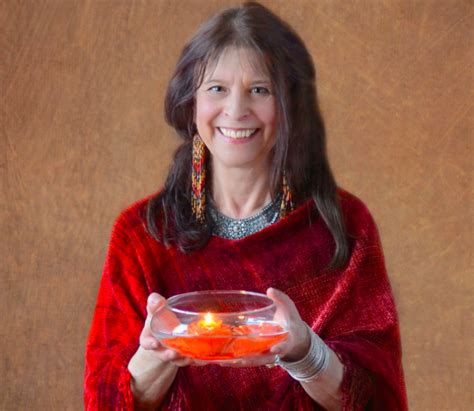A Quote by Douglas Coupland
How can we be alive and not wonder about the stories we knit together this place we call the world? Without stories our universe is merely rocks and clouds and lava and blackness. It's a village scraped raw by warm waters leaving not a trace of what existed before.
Related Quotes
We live in a world where bad stories are told, stories that teach us life doesn't mean anything and that humanity has no great purpose. It's a good calling, then, to speak a better story. How brightly a better story shines. How easily the world looks to it in wonder. How grateful we are to hear these stories, and how happy it makes us to repeat them.
So I found myself telling my own stories. It was strange: as I did it I realised how much we get shaped by our stories. It's like the stories of our lives make us the people we are. If someone had no stories, they wouldn't be human, wouldn't exist. And if my stories had been different I wouldn't be the person I am.
Just recognizing and naming that many of the things we treat as historical fact are stories can help erode their power over our sense of identity and thinking. If they are stories rather than "truth," we can write new stories that better represent the country we aspire to be. Our new stories can be about diverse people working together to overcome challenges and make life better for all, about figuring out how to live sustainably on this one planet we share, and on deep respect for cooperation, fairness, and equity instead of promoting hyper-competitive individualism.
AS SOMBRAS DA ALMA. THE SHADOWS OF THE SOUL. The stories others tell about you and the stories you tell about yourself: which come closer to the truth? Is it so clear that they are your own? Is one an authority on oneself? But that isn't the question that concerns me. The real question is: In such stories, is there really a difference between true and false? In stories about the outside, surely. But when we set out to understand someone on the inside? Is that a trip that ever comes to an end? Is the soul a place of facts? Or are the alleged facts only the deceptive shadows of our stories?
Each of us is comprised of stories, stories not only about ourselves but stories about ancestors we never knew and people we've never met. We have stories we love to tell and stories we have never told anyone. The extent to which others know us is determined by the stories we choose to share. We extend a deep trust to someone when we say, "I'm going to tell you something I've never told anyone." Sharing stories creates trust because through stories we come to a recognition of how much we have in common.
Stories? We all spend our lives telling them, about this, about that, about people … But some? Some stories are so good we wish they’d never end. They’re so gripping that we’ll go without sleep just to see a little bit more. Some stories bring us laughter and sometimes they bring us tears … but isn’t that what a great story does? Makes you feel? Stories that are so powerful … they really are with us forever.
Many people don’t realize the extent to which stories influence our behavior and even shape our culture. Think about how Bible stories teach the fundamentals of religion and rules of conduct. Think of the fables and parables that molded your values. Think of how stories about your national, cultural or family history have shaped your attitudes about yourself and others.







































